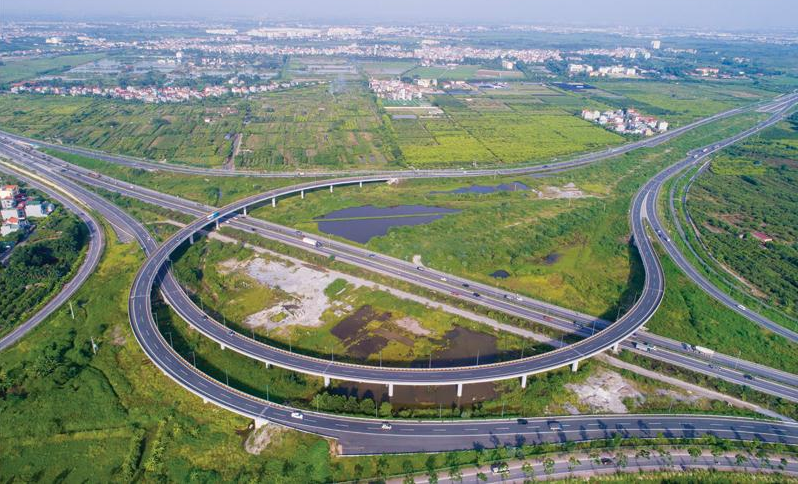The public-private partnership (PPP) law exhibits inequalities and is detrimental to project enterprises and investors, leading to the investment method falling short of its potential, according to analysts.
Associate Professor Duong Dang Hue, Vice Chairman of the Corporate Legal Club at the Ministry of Justice, identified four serious limitations in the PPP law that causes many problems for investors.
According to his analysis, first, contracting agencies have been known to abuse their position and power to force project enterprises and investors to accept their requests, even those that are not in accordance with the law.
Second, the law and its guiding documents contain many provisions that lack specificity, completeness, and clarity, posing difficulties for investors and project enterprises in signing and then implementing contracts.
Third, a number of provisions in the law do not guarantee equality between the parties, which is detrimental to investors and project enterprises. Fourth, there are overlaps and contradictions in the provisions of the law and the Law on Investment.
As an enterprise that has made a mark in the construction of transport infrastructure around Vietnam, Mr. Nguyen Quang Dung, Deputy General Director of the Deo Ca Group Joint Stock Company, said there are many inadequate regulations that affect the interests of investors.
“During the past ten years, prices of raw materials have climbed higher than stated in PPP contracts, which is a huge disadvantage for investors and also the Deo Ca Group,” he said.









 Google translate
Google translate